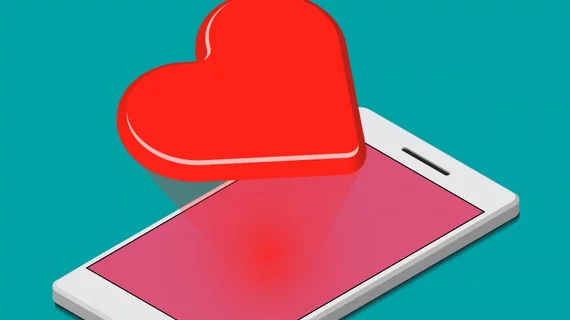Tele-echocardiography program proven effective, may bring vital imaging to more heart failure patients
A tele-echocardiography program using nurses to perform imaging exams while cardiologists remotely interpret the results is both feasible and reliable, according to new research.
Doctors with Levanger Hospital, Nord–Trøndelag Health Trust’s outpatient heart failure (HF) clinic in Norway found that the assessment and quantification of left atrial and left ventricular dimensions, volumes and functional indices was possible in at least 94% of cases via the telemedicine program. It is the first study the authors are aware of that proves the efficacy of nonphysician-performed echo at a single center combined with near real-time interpretation from a cardiologist at another.
“The most important finding of this study is that by using expert support by telemedicine, more patients with heart failure can gain the benefit of diagnostic ultrasound,” first author Anna Katarina Hjorth‐Hansen, MD, and colleagues, wrote May 21 in the Journal of Ultrasound in Medicine. “Such an approach may improve diagnostics and care when distance and available resources matter.”
There has been very little research assessing how non-specialized personnel perform echo exams, and how interpretable those exams are for specialists. Typically echocardiography is done by specialized sonographers or experienced cardio doctors.
With this in mind, the researchers recruited 50 patients from the Norwegian outpatient HF clinic and had specialized nurses perform the limited echocardiography exams. Each had 6-12 years of experience and was trained on the modality prior to the study, but had no previous work in echocardiographic recordings or image analysis.
The echocardiograms were securely transferred to one out-of-hospital cardiologist who interpreted the images. Hjorth‐Hansen and colleagues found that the tele-experts’ interpretations were very close to those reported by experienced cardiologists.
Although limited echo, like those performed by nurses in this study, doesn’t have the robust views and parameters offered in a comprehensive exam, it does provide “substantially” more than focused cardiac ultrasound.
As previously mentioned, Hjorth‐Hansen et al. believe the true benefits of tele-echocardiography programs are to remote locations with few experts. And given that HF is associated with a poor prognosis and morbidity and mortality remains high, more areas should investigate this telemedicine approach.
“This confirms previously shown results aiming to implement telemedicine to overcome geographic challenges,” the team wrote. “Considering the efforts and costs to transport patients to a hospital with an available specialist versus the efforts and costs of training nurses, the study results can justify implementation into everyday clinical practice,” they concluded.

